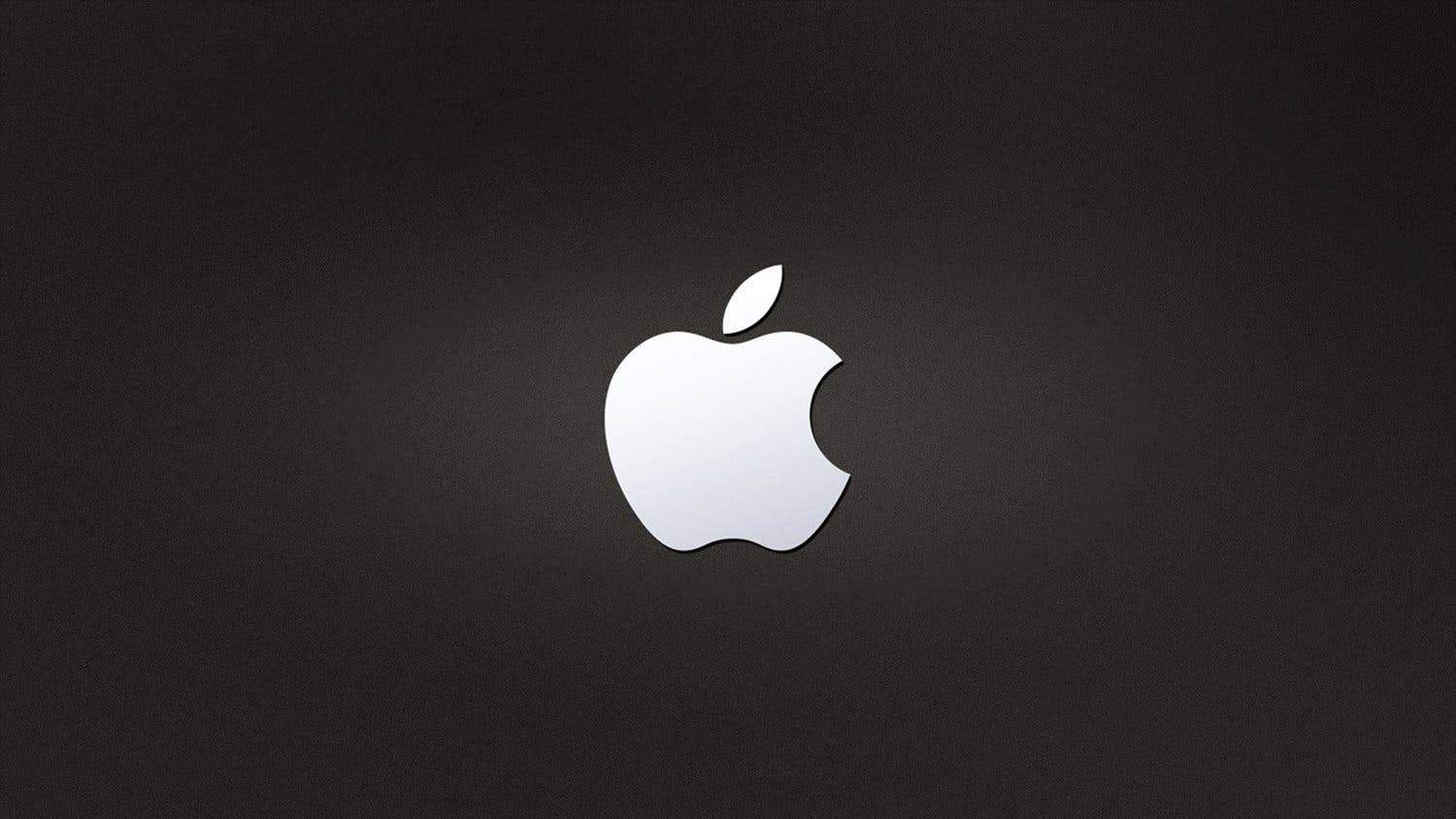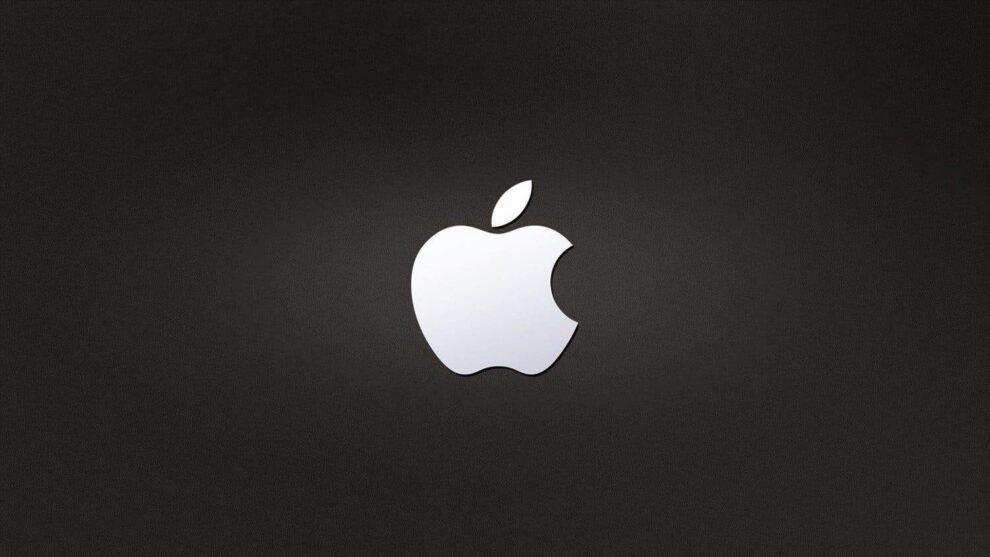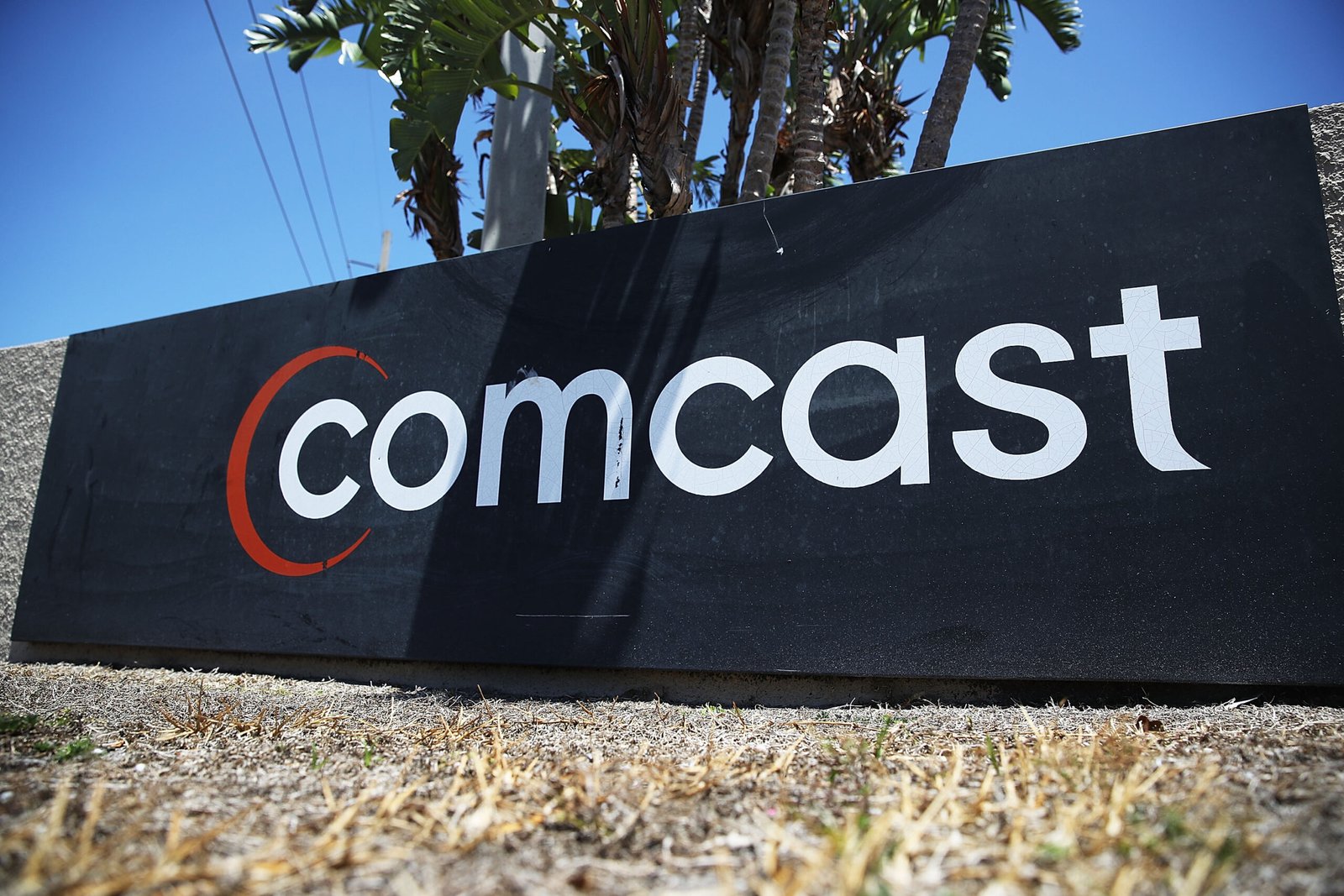In a groundbreaking shift in the smartphone industry, Apple has, for the first time since 2010, surpassed Samsung in global smartphone shipments. This momentous achievement comes despite a challenging year for the smartphone market, characterized by a 3.2% year-over-year decline in global shipments.
Key Highlights:
- Apple achieved a record high market share in 2023.
- Global smartphone market saw a decline but is moving towards recovery.
- Apple’s iPhone 15 series and sustainability initiatives played a key role.
- 5G technology and AI integration are shaping the future of smartphones.
- The Chinese market, with brands like Huawei, Xiaomi, and OPPO, is increasingly competitive.

According to the International Data Corporation (IDC), global smartphone shipments fell to 1.17 billion units in 2023, marking the lowest full-year volume in a decade. However, Apple’s shipments increased by 3.7% in this period, showcasing the company’s resilience and consumer appeal. Apple introduced the iPhone 15 series, with notable design changes and titanium models, contributing significantly to their success.
Apple’s Winning Strategy
Apple’s strategy of focusing on premium devices, aggressive trade-in offers, and interest-free financing plans has paid off. Despite regulatory challenges and competition from Huawei in China, Apple’s largest market, the company has shown remarkable resilience. The trend towards premium devices, representing over 20% of the market, has been a key factor in Apple’s success.
Market Dynamics and Future Trends
The introduction of 5G technology has revolutionized the smartphone industry, with companies vying to incorporate this technology into their devices. The focus on sustainability and eco-friendly initiatives is also reshaping the industry. Both Apple and Samsung have pledged to use recycled materials and promote recycling programs.
Foldable smartphones and AI integration are emerging trends, with Samsung leading in foldable devices and companies exploring AI to enhance user experiences. The Chinese smartphone market remains highly competitive, with Huawei’s resurgence and the presence of Xiaomi, OnePlus, and OPPO.
Apple’s and Samsung’s Next Moves
Looking forward, the competition between Apple and Samsung will continue to intensify. Innovation, sustainability, and the evolution of ecosystems and services will play crucial roles in shaping the future of the smartphone industry.
In conclusion, Apple’s ascent to the top spot in the global smartphone market signifies a pivotal moment in the industry. The market is poised for an intriguing and transformative period, driven by technological advancements and shifting consumer preferences. As we head into 2024, the industry is expected to see recovery and growth, with both Apple and Samsung at the forefront of innovation and market leadership.
The global smartphone market, despite facing significant challenges, is witnessing a rapid shift in dynamics. Apple’s rise to the top is not just a testament to its product innovation and marketing strategy, but also an indicator of the changing consumer preferences towards premium devices. Meanwhile, Samsung, now in second place, is expected to respond with renewed vigor, potentially leading to more innovative products and competitive pricing strategies.
The importance of the Chinese market cannot be understated, with Huawei making a strong comeback and other Chinese brands like Xiaomi, OnePlus, and OPPO making significant impacts both domestically and internationally. The diversification within the Android space, as noted by IDC’s Ryan Reith, highlights the intense competition and the potential for more innovative and affordable high-end devices.
As the industry moves forward, key areas of focus will include the integration of AI and machine learning technologies, the development of foldable smartphones, and the continued expansion of 5G capabilities. These technological advancements will not only enhance user experience but also open new possibilities in mobile communication and applications.
Furthermore, sustainability and eco-friendliness are becoming increasingly important in the smartphone industry. Consumers are more aware and concerned about environmental issues, prompting companies like Apple and Samsung to adopt more eco-friendly practices. This shift towards sustainability is expected to continue, influencing design, production, and recycling processes in the industry.
Apple’s recent success in overtaking Samsung in global smartphone shipments marks a significant shift in the industry landscape. The sector is bracing for a period of recovery and growth, driven by technological innovation, sustainability efforts, and the dynamic competition between leading players and emerging markets. As the industry evolves, staying abreast of these changes will be crucial for both consumers and industry insiders.


















